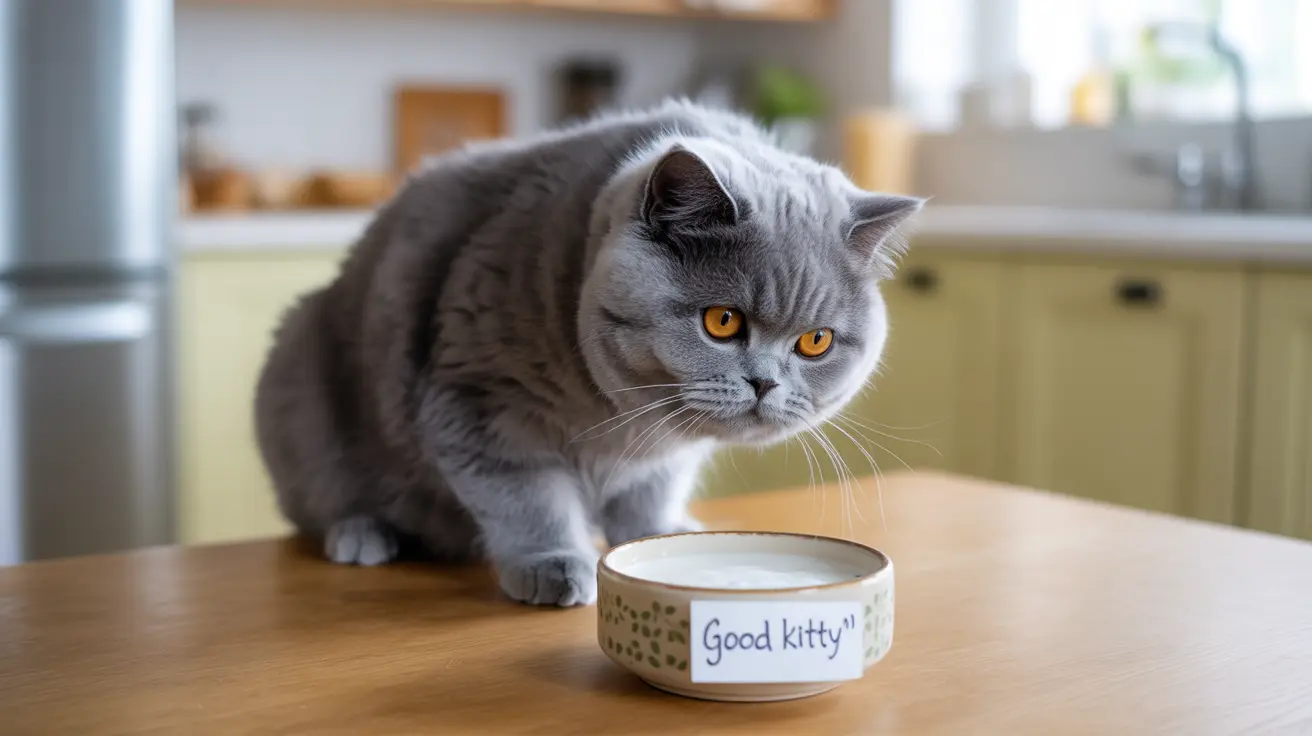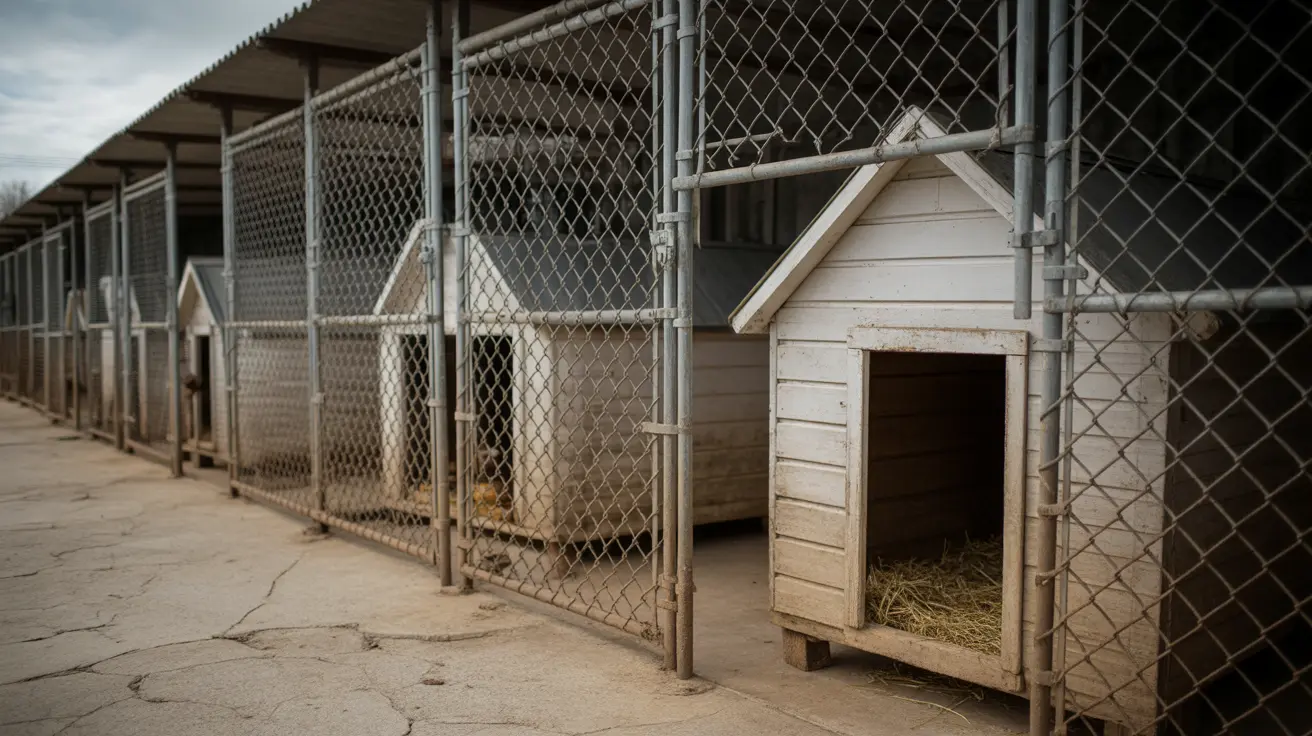Many cat owners have witnessed their feline friends eagerly lapping up a bowl of milk, but this common scene masks a crucial health concern. While cats may be attracted to whole milk's rich, creamy taste, veterinary science tells us that offering milk to our feline companions isn't as harmless as it might seem.
In this comprehensive guide, we'll explore the relationship between cats and whole milk, understand why most adult cats shouldn't consume dairy products, and learn about safer alternatives for your furry friend.
The Truth About Cats and Whole Milk
Despite popular belief and what cartoons might suggest, most adult cats cannot properly digest whole milk. After weaning, cats naturally lose the enzyme lactase, which is essential for breaking down lactose (milk sugar). This biological change means that giving whole milk to your adult cat could lead to significant digestive issues.
Understanding Feline Lactose Intolerance
When cats consume whole milk, their bodies struggle to process the lactose content. Without sufficient lactase enzyme, the undigested lactose ferments in the digestive tract, potentially causing various uncomfortable symptoms:
- Severe diarrhea
- Vomiting
- Abdominal pain and bloating
- Gas and discomfort
- Decreased appetite
- Lethargy
The Nutritional Impact of Whole Milk
Beyond digestive concerns, whole milk presents other potential issues for cats:
- High fat content that can contribute to obesity
- Unnecessary calories that may reduce consumption of balanced cat food
- Potential for creating nutritional imbalances
- Risk of developing dairy allergies
Safe Alternatives to Whole Milk
If your cat seems interested in milk-like treats, consider these safer options:
- Specially formulated cat milk (lactose-free)
- Small amounts of plain, unflavored yogurt (for cats that tolerate dairy)
- Fresh, clean water (always the best choice)
- Bone broth (as an occasional treat)
When Milk Might Be Acceptable
In rare cases, some adult cats retain enough lactase to handle small amounts of milk. However, this should be limited to:
- No more than a teaspoon at a time
- Once or twice weekly maximum
- Only if no adverse reactions occur
- Never as a replacement for water or regular cat food
Frequently Asked Questions
Can cats drink whole milk safely, or is it always bad for them?
Most adult cats cannot safely drink whole milk due to lactose intolerance. While a very small number of cats might tolerate tiny amounts, it's generally best to avoid giving cats whole milk altogether.
What are the symptoms of lactose intolerance in cats if they consume milk?
Common symptoms include diarrhea, vomiting, bloating, gas, abdominal pain, and decreased appetite. These symptoms typically appear within 8-12 hours of milk consumption.
Why are most cats lactose intolerant, and how does this affect their diet?
Cats become lactose intolerant because they naturally lose the lactase enzyme after weaning. This means they should maintain a diet of appropriate cat food and fresh water, avoiding dairy products.
How can I safely give my cat milk as a treat, if at all?
If you want to give your cat a milk-like treat, use commercially available cat milk products that are specially formulated to be lactose-free. Always introduce new treats gradually and monitor for adverse reactions.
What types of milk are safe for cats to drink, and what alternatives exist?
The safest options are specially formulated cat milk products that have had the lactose removed. Alternative treats can include small amounts of plain yogurt (if tolerated) or bone broth, but fresh water should always be the primary drink.
Conclusion
While cats might show interest in whole milk, it's clear that offering it as a treat or regular part of their diet isn't advisable. Instead, focus on providing your cat with fresh water and a balanced, age-appropriate cat food diet. If you want to offer a special treat, stick to veterinary-approved alternatives specifically designed for feline consumption.






